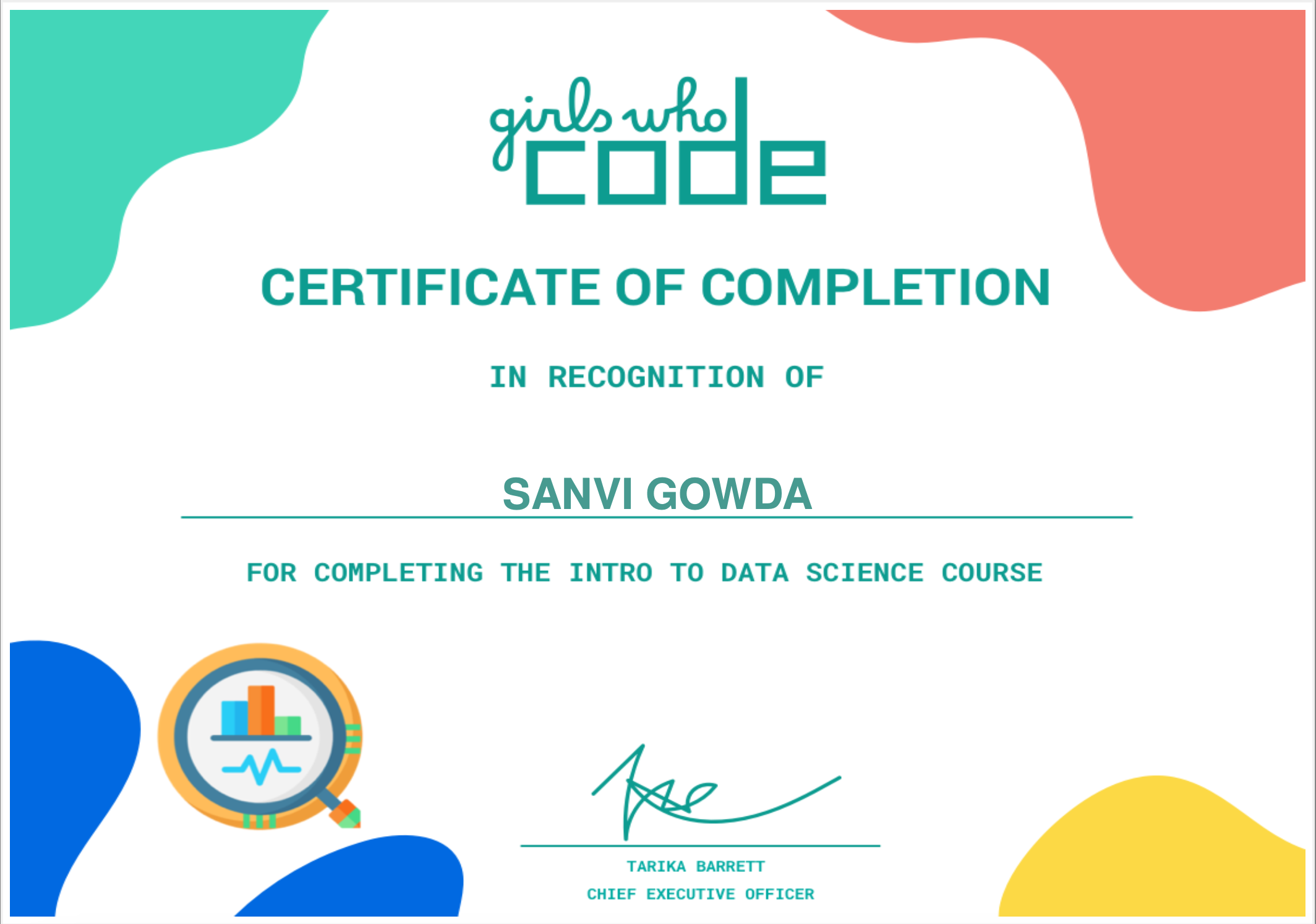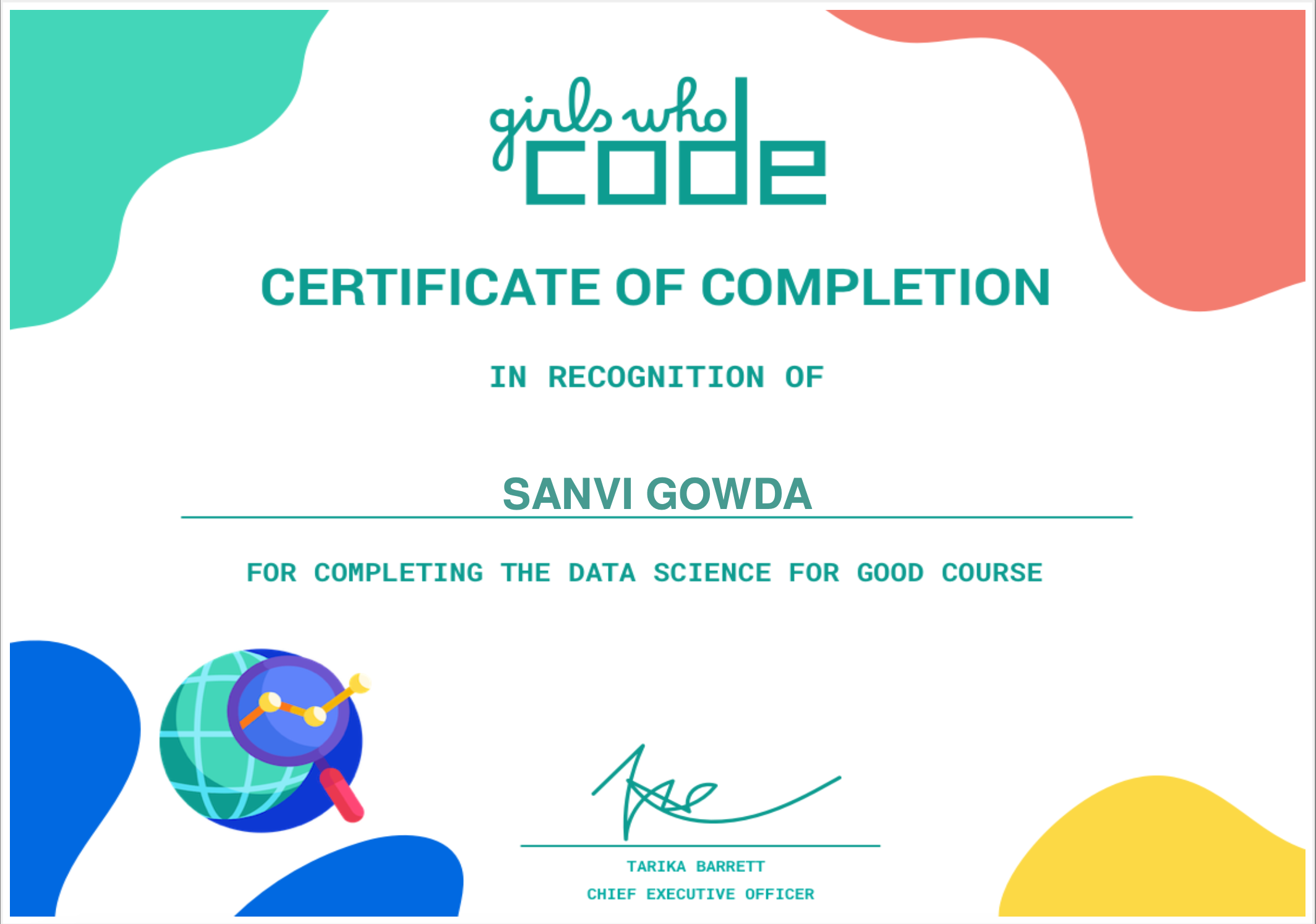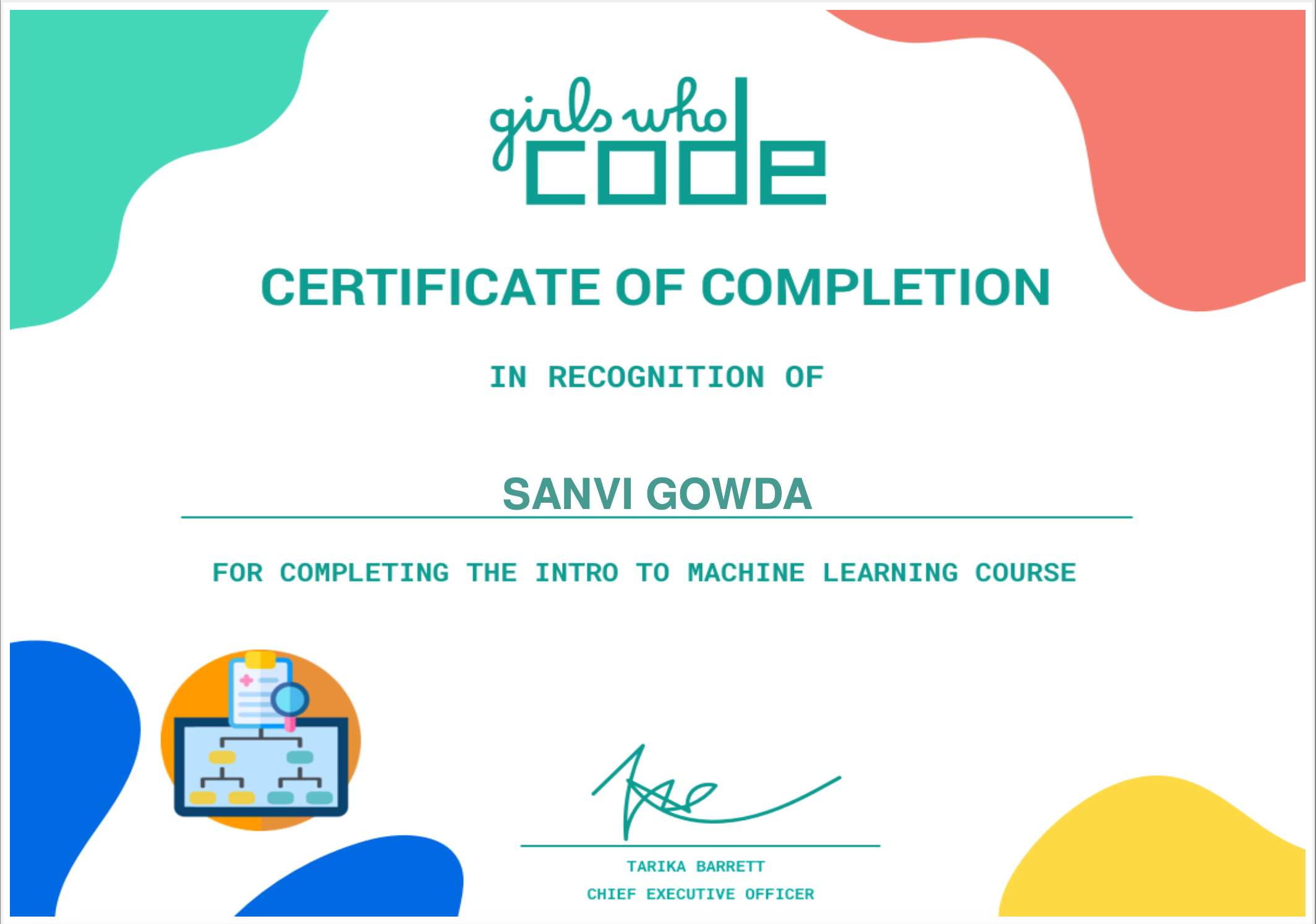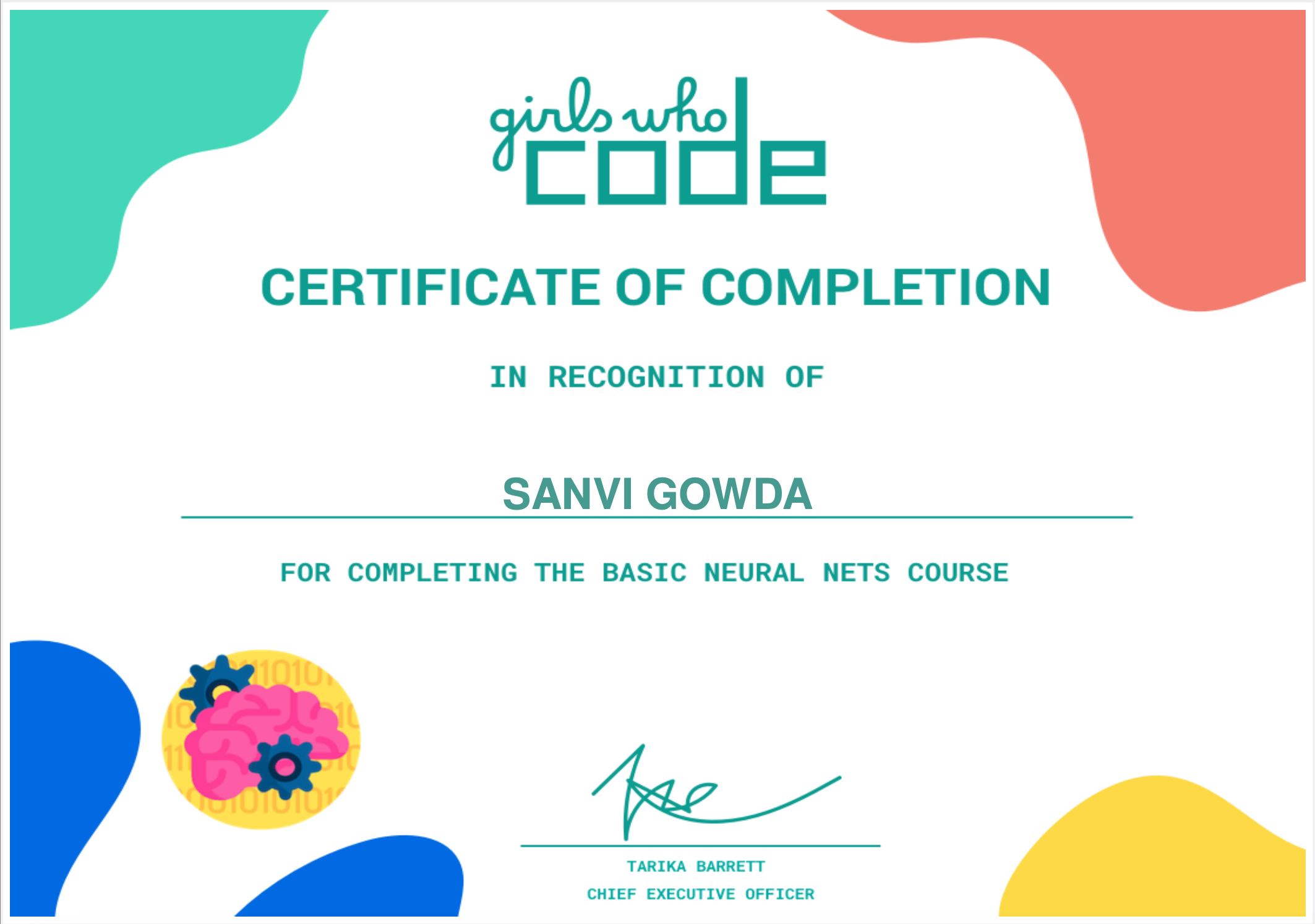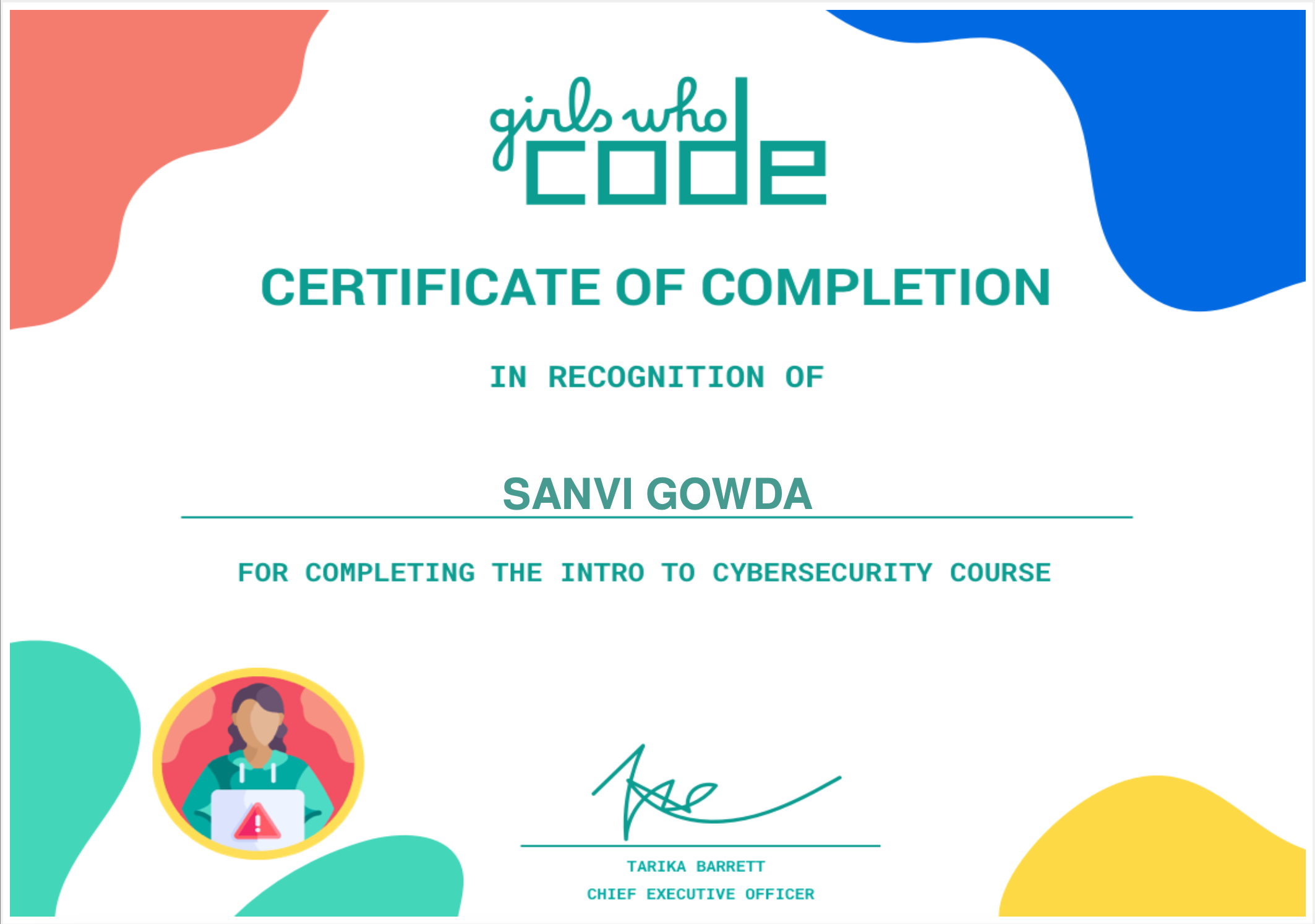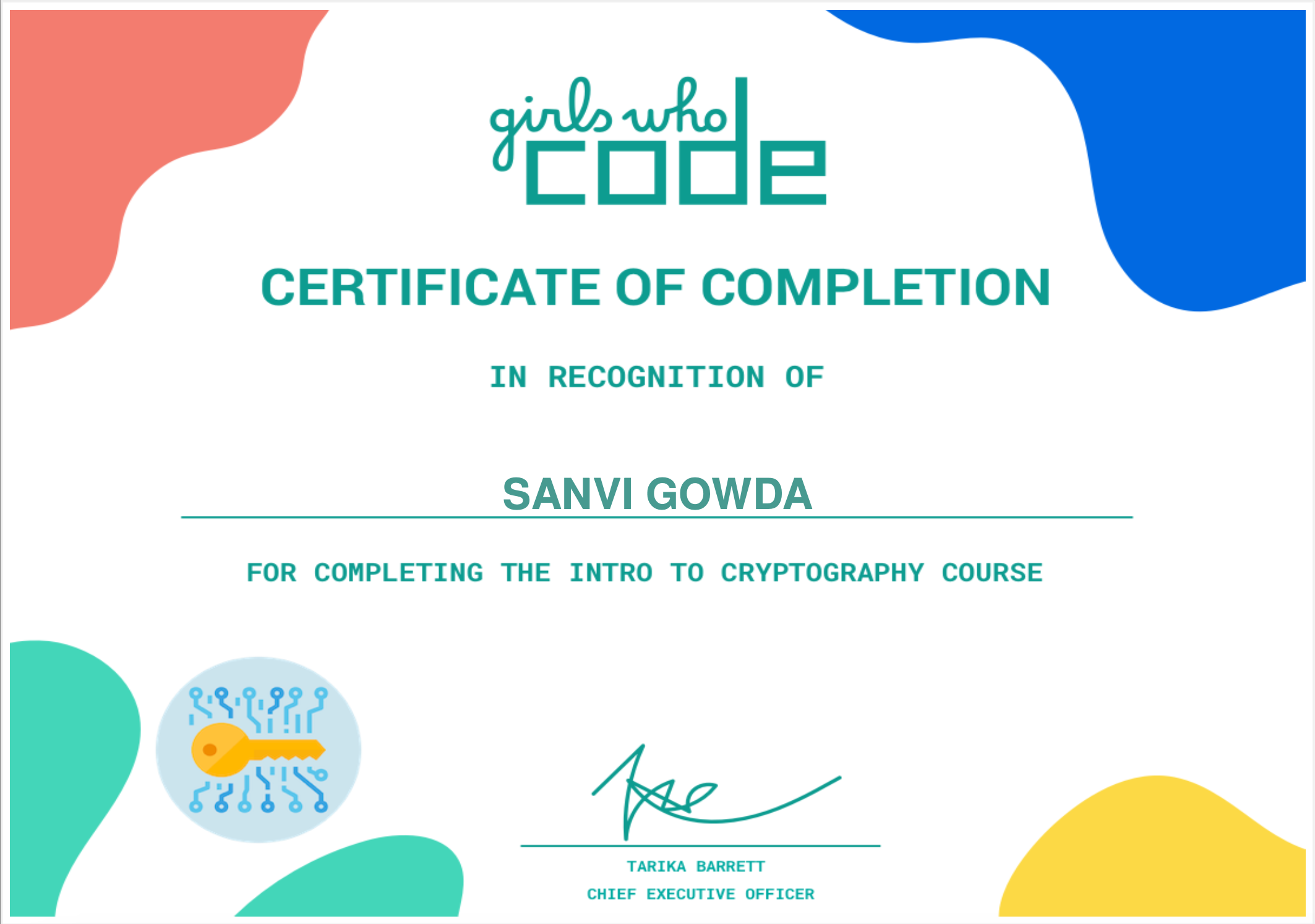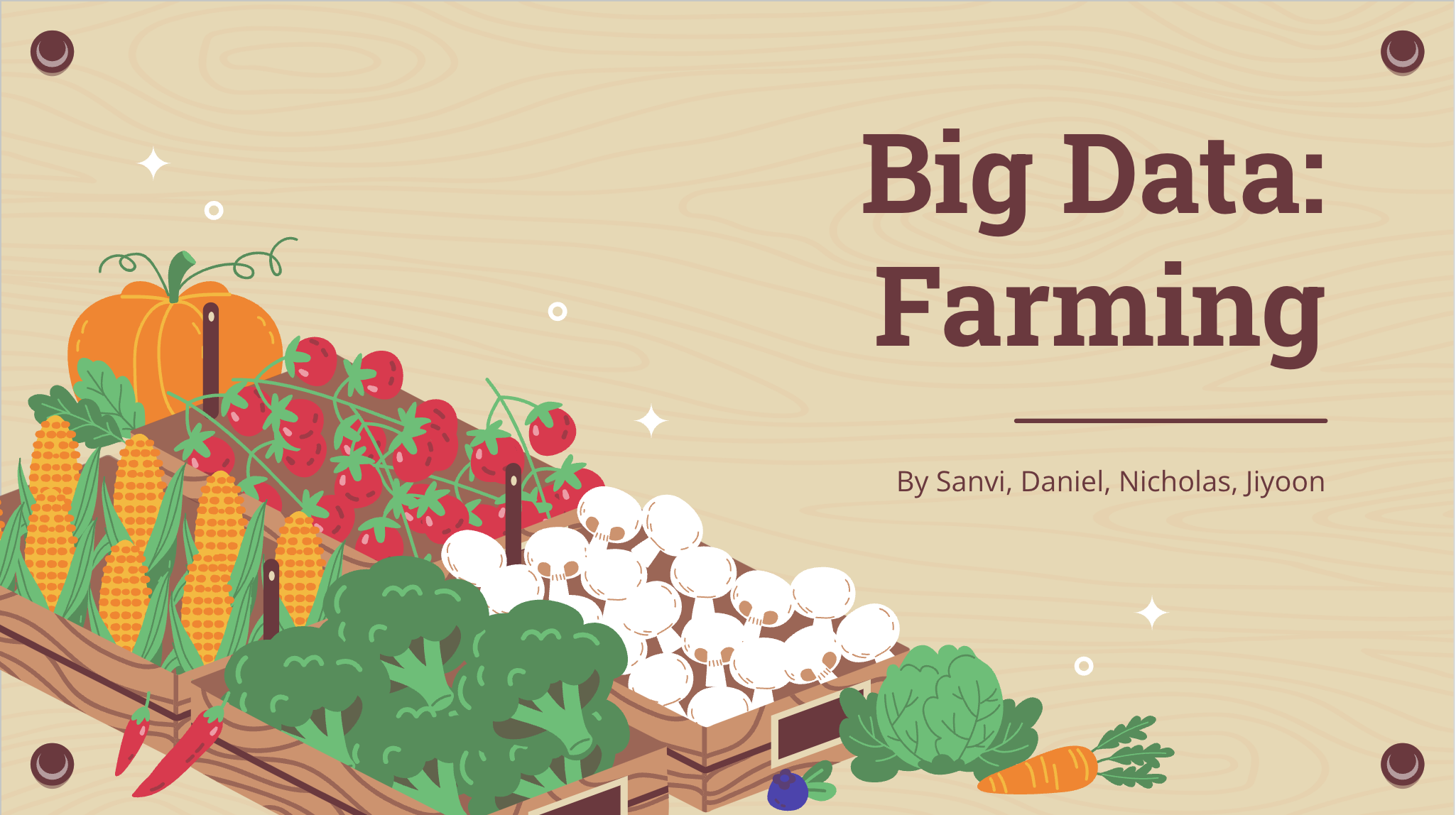Summer Project/Programs
Project
Drought Prediction Model
Summer 2024
Drought is a serious issue, as it can have severe impacts on agriculture and food security. Less
rainfall leads to crops not growing well, more pests and diseases for plants, and health problems
for livestock. These issues can lead to the prices of important foods rising, and harm the economy.
By more accurately predicting droughts, more preventative measures could be taken to reduce the
impact caused by less rainfall, therefore mitigating the economic impact and reducing the risk of
food insecurity.
Using a dataset from Kaggle that sourced
information from the U.S. Drought Monitor, I created a machine learning model to predict the level
of drought (from None to D4, the most extreme type of drought) using meteorological data, such as
temperature, humidity, and wind speed.
Please look through the code on my GitHub
repository for this project to learn more about how the model works.
I determined that the most accurate model overall was the Random Forest without resampling, with an
accuracy of 81%. With further modifications and real-time data, this model has the potential to help
in earlier detection of droughts, and have a positive impact on agriculture and economy all over the
world.

Programs
Boston Leadership Institute - Big Data
Summer 2023
This program delved into big data, its significance, and how it is applied in the real world. Big data can be characterized by three Vs: volume, velocity, and variety. There is a huge amount of data today, which can be processed at incredibly fast speeds, including real time, and there is a wide variety of data, such as photo, audio, or text. We learned about how big data has been applied and transformed different industries, such as medicine, crime prevention, and smart cities. Each day, we found how big data could be found in a news story, and discussed how and why big data is having an impact. There was also a focus on the ethics surrounding big data, including AI and data privacy. We used what we learned to create a final project, proposing how big data could be used in any industry and how it could be beneficial. My group chose the farming industry. Click the image on the right to see our slideshow.
Girls Who Code Self-Paced Summer Program
Summer 2024
Through the Girls Who Code Self-Paced Summer Program, I was able to learn a lot about Data Science + AI and Cybersecurity, and complete a variety of projects in order to learn different concepts. Here are links to some of the projects I made, along with a brief summary of what it is:
Data Science + AI
-
Sign Language Neural Nets
This project takes images of different letters in sign language and classifies what letter the image is displaying with a neural network. This tool would allow for the creation of a sign language-to-English tool, allowing people who are deaf or hard of hearing to communicate with those who don’t know sign language more easily.
-
CardioTree Classifier
In this project, patient health information, such as BMI, smoking history, and alcohol consumption, is used to classify whether a patient has heart disease or not using a decision tree. A tool such as this would be very helpful in the healthcare industry, as earlier detection of heart disease would lead to earlier treatment, therefore increasing the likelihood of survival.
-
Empowering Data
Through this project, I learned how to represent data using different Python libraries and discover unusual patterns to tell a data story. In this project, I compared the female average/median years of schooling with the proportion of women living in a household with electricity in Ethiopia and Colombia. Finding a stark difference between the two, I did research to figure out what could be contributing to that.
Cybersecurity
-
Cipher
Usability
This project can encrypt and decrypt messages with the Ceaser cipher when the user provides the key.
-
Cracking Caeser's Cipher
This project can decrypt messages that were encrypted using the Ceaser cipher when the key is unknown.
-
Breach Bot
I did research on the Facebook data breach in 2019 to create a chatbot that would share information and my personal reflection on the data breach.
